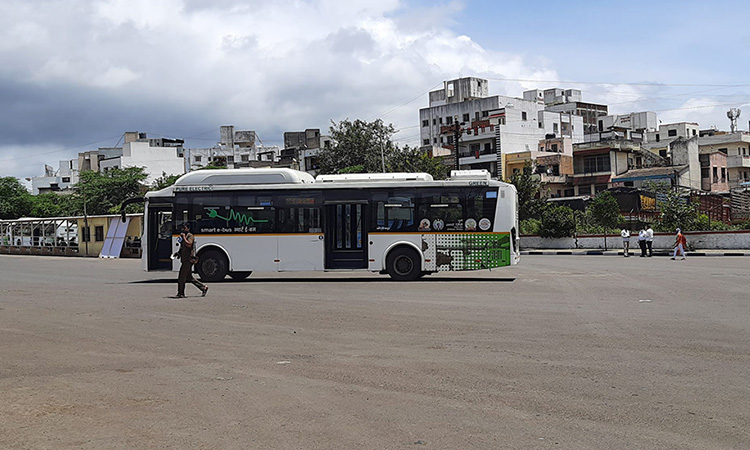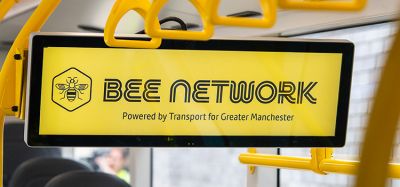UITP India and ICCT collaborate to accelerate zero-emission bus transition in Bengaluru
- Like
- Digg
- Del
- Tumblr
- VKontakte
- Buffer
- Love This
- Odnoklassniki
- Meneame
- Blogger
- Amazon
- Yahoo Mail
- Gmail
- AOL
- Newsvine
- HackerNews
- Evernote
- MySpace
- Mail.ru
- Viadeo
- Line
- Comments
- Yummly
- SMS
- Viber
- Telegram
- Subscribe
- Skype
- Facebook Messenger
- Kakao
- LiveJournal
- Yammer
- Edgar
- Fintel
- Mix
- Instapaper
- Copy Link
Posted: 30 August 2023 | Intelligent Transport | No comments yet
UITP India and ICCT’s four-year project aims to accelerate Bengaluru’s shift to cleaner bus fleets through an MoU with BMTC, addressing route planning and charging challenges while presenting a strategy for a zero-emission bus fleet by 2030.


The International Association of Public Transport (UITP) India, in collaboration with the the International Council on Clean Transportation (ICCT), has unveiled a detailed working paper titled ‘Fleet Wide Transition to Zero Emission Buses – A roadmap for Bengaluru‘. This project, spanning four years, has been funded by Germany’s International Climate Initiative (IKI), aiming to accelerate India’s shift to cleaner, zero-emission urban bus fleets.
Under this initiative, a Memorandum of Understanding (MoU) has been signed between UITP India, ICCT and the Bengaluru Metropolitan Transport Corporation (BMTC). This partnership not only supports the initial deployment of Bharat Stage VI (BS VI) compliant and electric buses but also charts a comprehensive strategy for the complete transition of Bengaluru’s bus fleet to zero-emission vehicles. This shift promises environmental benefits and economic advantages like reduced operational costs and improved energy efficiency.
To achieve a decarbonised public transport system, BMTC has taken measures such as phasing out older buses and adopting greener transportation modes. While a fleet modernisation programme had been introduced, integrating electric buses has faced challenges in route planning and charging strategies.
Intelligent Transport Podcast Episode 22 – Mohamed Mezghani, UITP
In recent years, BMTC has acquired 300 electric buses under the FAME II scheme and plans to introduce 1,941 such buses by 2023. As part of this project, UITP India and ICCT have assisted BMTC in evaluating the tender for 300 electric buses. The working paper contributes to a series that aids the deployment of electric buses in Bengaluru, addressing significant aspects of procurement, planning and implementation.
The findings of the four-year project have been widely shared through capacity-building programmes conducted by UITP in various cities, engaging both Indian and international stakeholders. The project’s synergy with other UITP India research projects is also evident. These parallel initiatives involve evaluating the performance of six cities, a collaborative effort by UITP and ICCT. In addition, ICCT has conducted an independent qualitative assessment of public transport in Maharashtra.
The final working paper, ‘Fleet Wide Transition to Zero Emission Buses,’ delves into fleet estimates, financial implications, emission reduction benefits and capacity-building needs. It outlines the bus fleet requirements up to 2030, assesses technological and business model alternatives at the bus level, evaluates the fleet-level total cost of ownership, financial considerations and the potential environmental impact of the proposed fleet-wide strategy.
If you liked this, you may also be interested in:
▶ First Bus and City of York Council partner to launch zero-emission fleet
Related topics
Air Quality, Alternative Power, Mobility Services, Public Transport, Sustainable Urban Transport
Related modes
Bus & Coach
Related cities
Bengaluru, Maharashtra
Related countries
India








